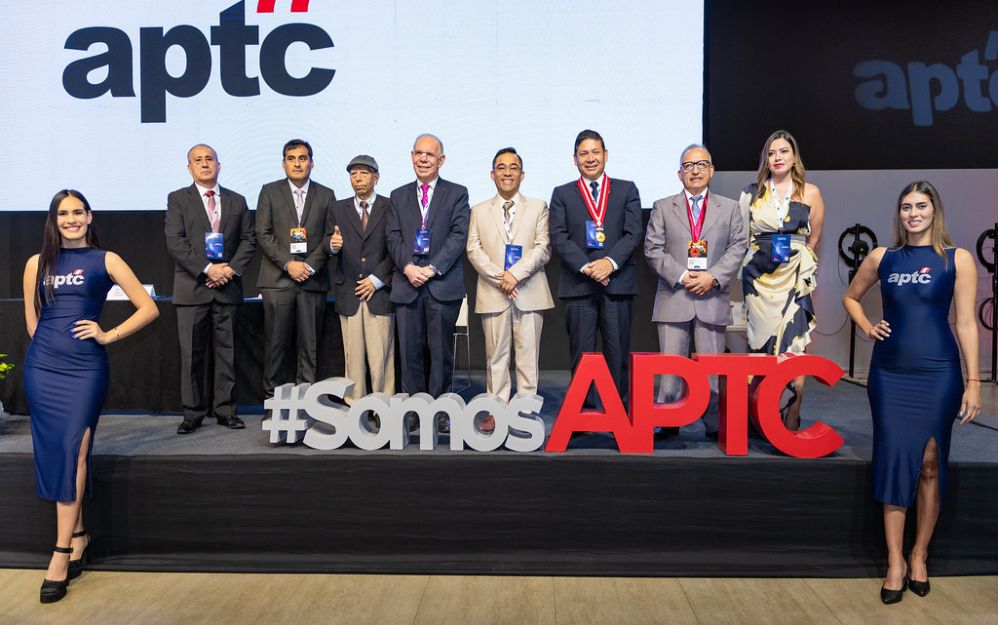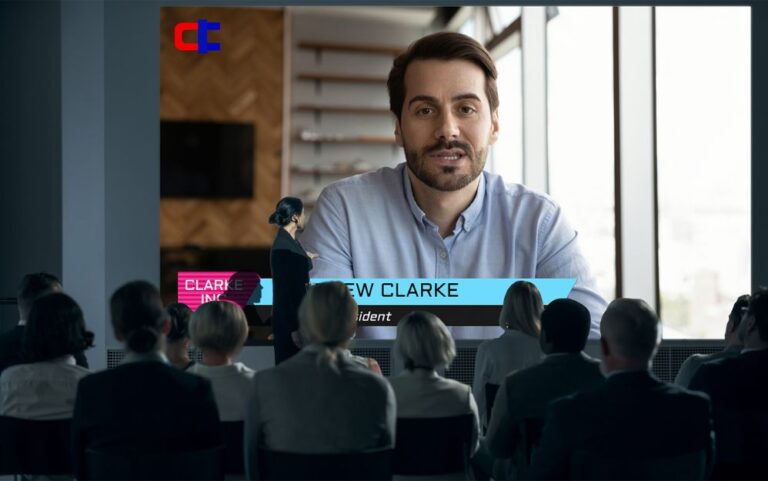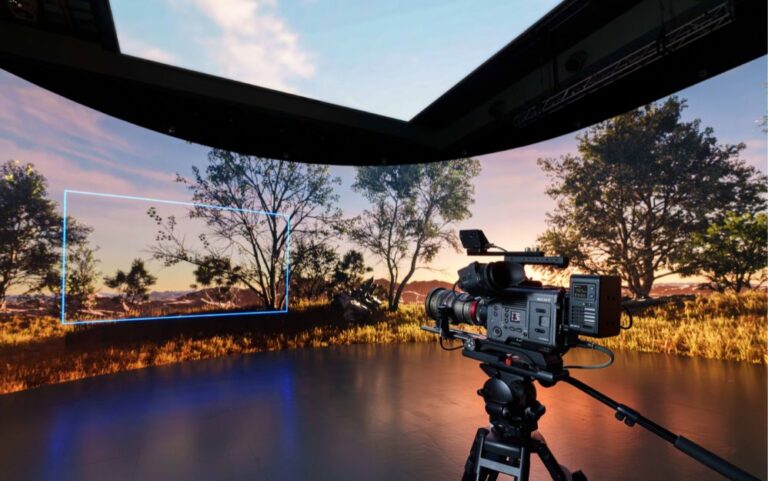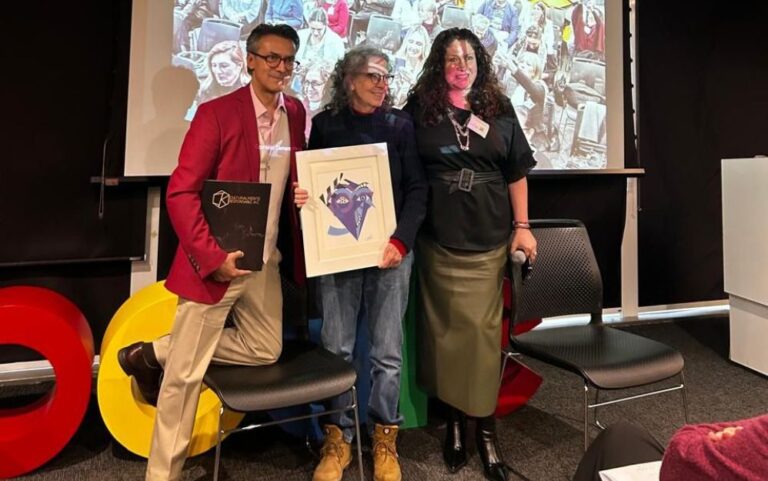Suscríbete hoy y disfruta:

Contenido exclusivo: Accede a artículos, entrevistas, análisis y reportajes que no encontrarás en ningún otro lugar.

Actualizaciones constantes: Vía web o correo electrónico,sé el primero en enterarte de las últimas noticias y avances.

Comunidad influyente: Forma parte de un grupo selecto de profesionales que están moldeando el futuro de la industria.

Confianza y tradición: Un medio que ha sido un referente durante más de tres décadas.





















